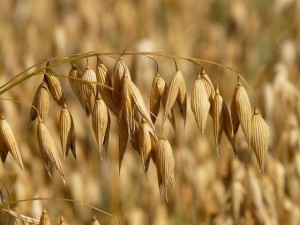to do some home improvement activities, D.I.Y., to tinker away at, to fiddle with ![]()
[verb]
[knut-se-len, knut-sel-de, ge-knut-seld]
There’s not really an exact equivalent in English for "knutselen". It varies from a handyman doing some home improvement, Do It Yourself chores, or children fiddling with paper, scissor and crayons…
Examples:
– "Nina heeft een mooie collage geknutseld op school."
("Nina has made a beautiful collage at school.")
– "Waar is Frank?" – "Hij is aan het knutselen in het tuinhuisje."
("Where is Frank?" – "He’s doing some home improvement in the garden house.")
– "Theo heeft het hele weekend besteed aan het knutselen aan zijn fiets."
("Theo has spent the entire weekend on fiddling with his bike.")
Related words:
– Knippen: to cut, to use a scissor [verb] [knipte, geknipt].
– Plakken: to paste, to stick [verb] [plakte, geplakt].
– Kleuren: to colour [verb] [kleurde, gekleurd].
– Prutser: screw up <person> [noun] [de prutser, de prutsers].
Example:
– "Frank is een totale prutser."
("Frank is a total screw up.")
– Prutsen: to blunder, to be messing things up [verb] [prutste, geprutst].
– Verprutsen: to mess up [verb] [verprutste, verprutst].



 “Haver” translates to “oat(s)”. “Klap” literally translates to “blow”. A “haverklap” was probably something like a handful of straw, which was considered a small, trivial thing. “Om de haverklap” hence meant something like “at the point of a trivial thing”: every moment, at the merest trifle.
“Haver” translates to “oat(s)”. “Klap” literally translates to “blow”. A “haverklap” was probably something like a handful of straw, which was considered a small, trivial thing. “Om de haverklap” hence meant something like “at the point of a trivial thing”: every moment, at the merest trifle.